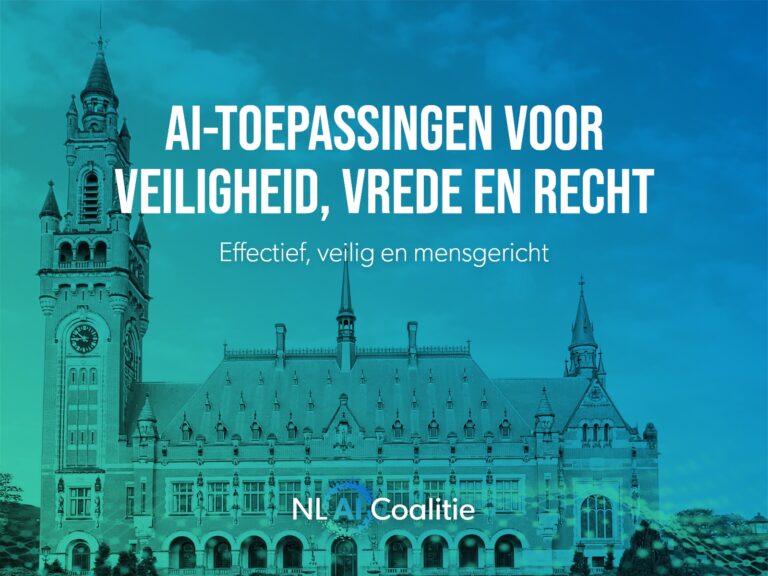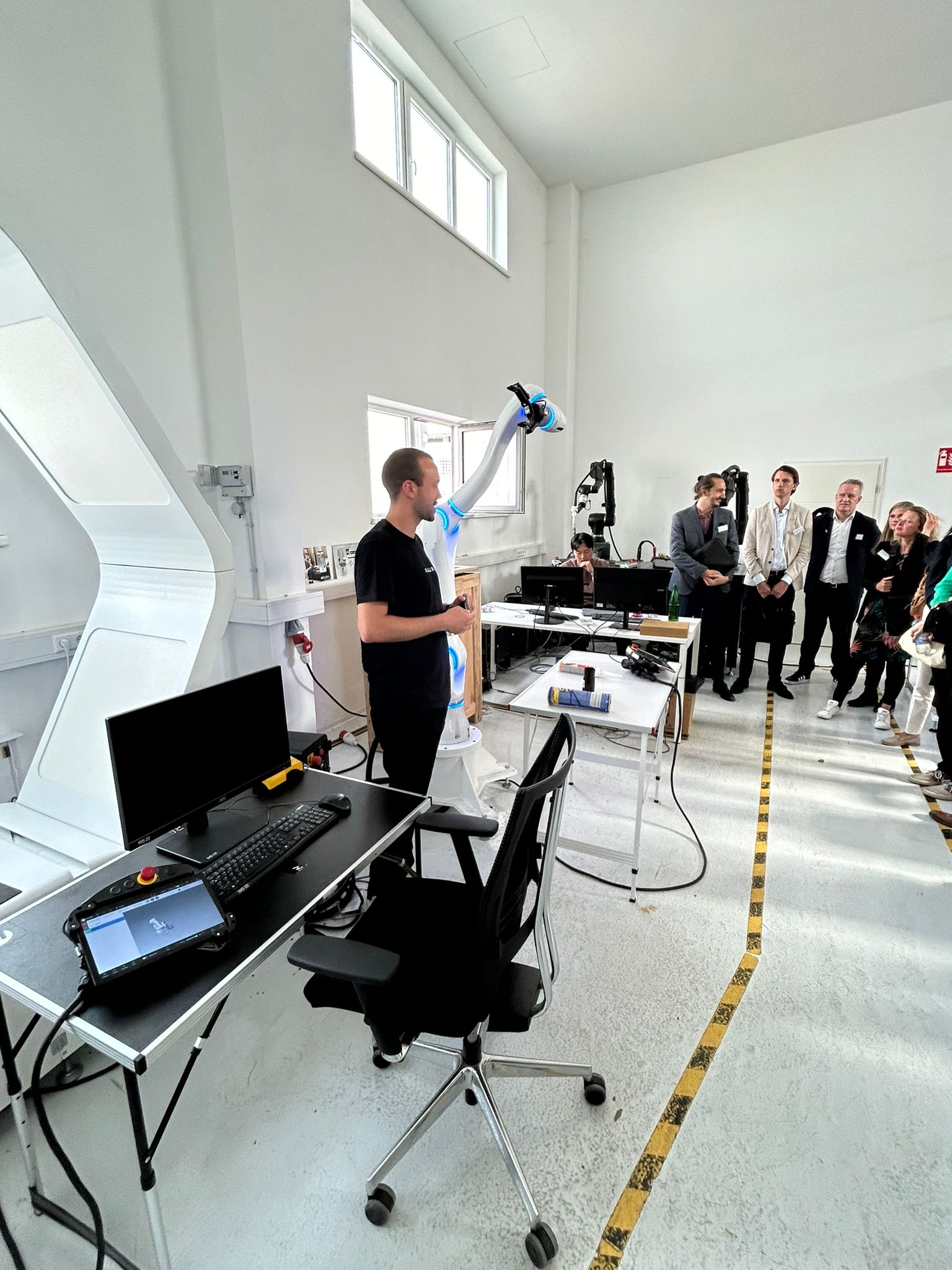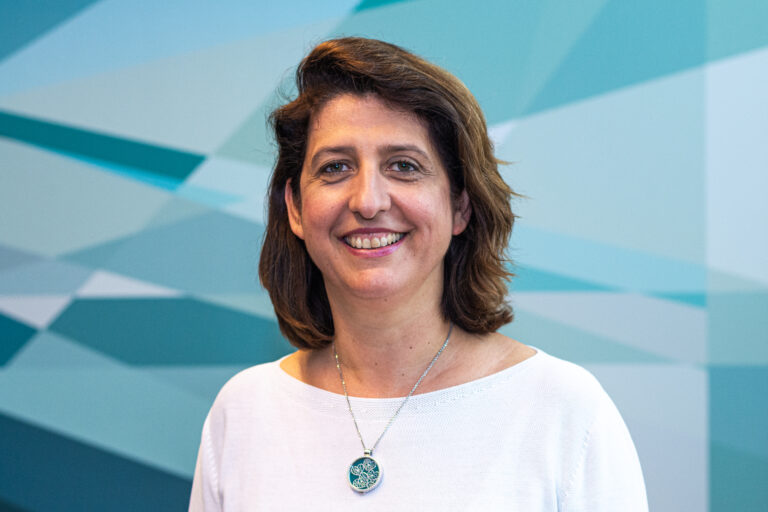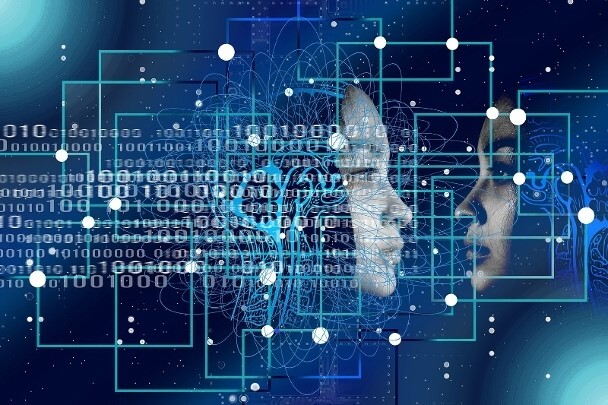Effective, safe and people-oriented approach
Joris den Bruinen, chair of the working group VVR and director of HSD: “Unfortunately, security, peace and justice are not always obvious. Threats continue to grow and both our physical and digital security is under pressure. Artificial Intelligence (AI) is playing an increasingly important role in the protection against these threats and guaranteeing justice, but at the same time this also entails risks. Which preconditions are involved and how can we come to an effective, secure and human centered approach to these applications?”
The working group wrote a paper on this field and on what this joint approach entails. This includes recognition on the crossovers between AI, data sharing, intelligence and (cyber)security, Privacy Enhancing Technologies and talent as important preconditions. As well as, utilising Ethical Legal Societal Aspects (ELSA) Labs for a practice-oriented approach in algorithm development. Also, the application of AI with a balance between what is technically possible, legally possible and ethically and sociably desirable when establishing AI in the broad domain of security.
Data collaboration in the fight against crime
One of the included use cases mentioned in the paper is the use of multi-party computation (MPC) technology from Roseman Labs to generate and share collaborative data insights without revealing the actual data. Various actors in the detection and assistance chain of human trafficking, have valuable information that cannot be shared. Yet, there is a big necessity to collaborate. Roseman Labs and Sustainable Rescue together with several knowledge institutions, are using this technique to detect and tackle human trafficking quicker both at a national and European level.
Use case Synthetic Data
Another use case mentioned in the paper is about generating synthetic data. By doing soprivacy sensitive information can be replaced by new and artificial data which is generated by an algorithm. This way, the date can be used for all kinds of purposes, without violating people’s privacy. Together with SAS and the NL AIC, Syntho conducted research into what added value this data can offer and when it can best be used. Please click here for more information.
Marlou Snelders, Innovation Liaison at HSD and coordinator of the working group: “These use cases show that there are already good functioning secure AI-applications. Now it is important to look at governance. Because only if this technology fits into the balance of offering security in relation to privacy and ethics, the potential can be exploited and looked at scaling up (inter)nationally, in order to achieve the desired social effect and economic return.”
Interested?
The position paper can be downloaded here, information about the working group Security, Peace and Justice can be found here. Would you like more information? Please contact Marlou Snelders, coordinator of the Security, Peace and Justice working group.






